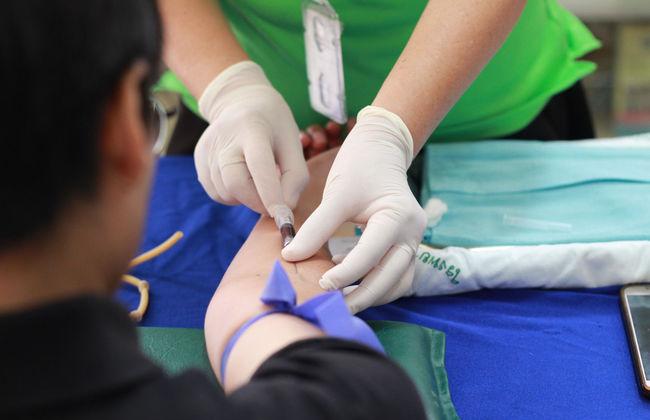RKI, Paul-Ehrlich-Institut and BZgA Call for Blood and Plasma Donations - Please Donate Even During Lockdown!
 Source: Pranidchakan Boonrom/Pexels.com
Source: Pranidchakan Boonrom/Pexels.com
To contain the pandemic with the coronavirus (SARS-CoV-2), drastic measures have been ordered to restrict contact. However, the supply of patients with blood transfusions and medicines prepared from blood and plasma donations is very important. Therefore, we are asking that citizens continue to donate blood and plasma.
Blood and plasma donations are among the particularly important areas of healthcare and must continue with appropriate concepts despite the measures adopted to contain the pandemic. The approaching holidays in particular are making the supply of blood reserves even more difficult.
The comprehensive hygiene concepts in the blood donation facilities ensure that there is no increased risk of SARS-Cov-2 infection for donors. In most cases, donation will not be possible only after an appointment has been made.
Therefore, anyone who feels healthy and fit can and should go and donate blood or plasma. On-site medical professionals routinely check the health of donors. This includes taking body temperature and conducting an interview, among other things. Individuals showing signs of infection will not be allowed to donate blood at this time. The other donor selection criteria specified in the haemotherapy guideline on the infectiousness of blood will continue to be followed.
There is currently no evidence that SARS-CoV-2 is transmissible by blood, and that it may be transmitted to patients by undetected infected individuals.
Continuous blood donations are important for patient care because blood components in particular have a limited shelf life and can only be stored for a certain period of time. Platelets (thrombocytes), for example, can only be used for four to five days. Drugs from blood donations are vital for many patients. A large proportion of blood preparations are used to treat cancer patients. Life-saving transfusions are also frequently required after serious accidents or major operations. In addition, a large number of people depend on the regular administration of blood transfusions or medications made from blood plasma.
For this reason, the senior federal authorities RKI, PEI and BZgA are jointly appealing to people to take advantage of the blood and plasma donation appointments offered and make a contribution to safeguarding patient care. An overview of blood donation facilities can be found on the information pages of the Federal Center for Health Education (BZgA). Individuals willing to donate should contact donor services for current donation dates and requirements.



